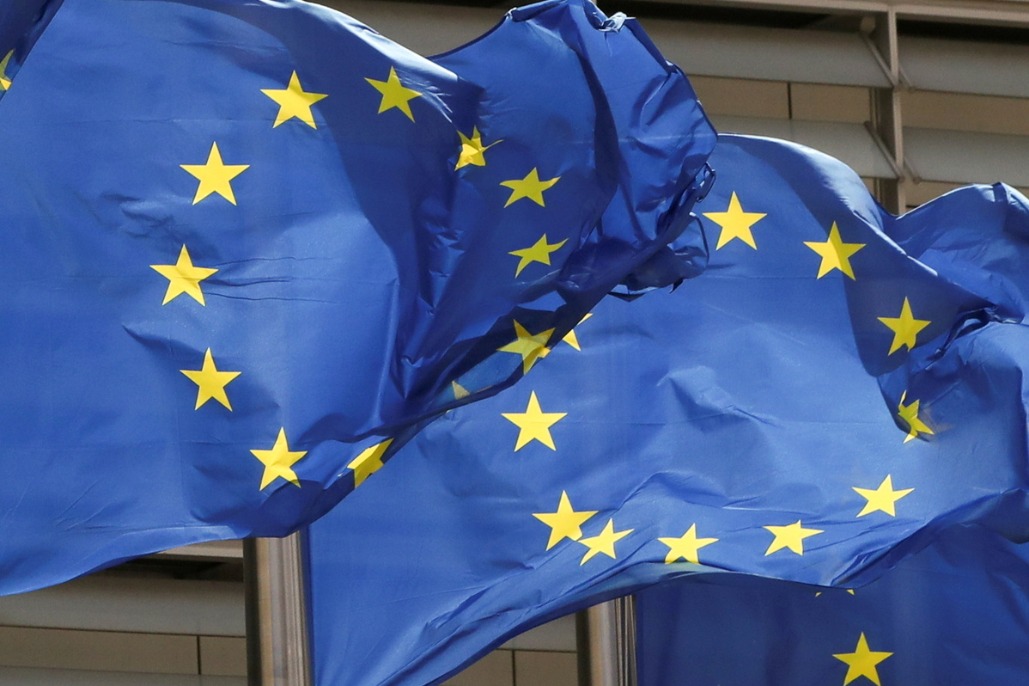Trump says 'can't guarantee' tariffs won't raise prices


US President-elect Donald Trump said in an interview aired on Sunday that he could not "guarantee" consumer prices would not rise under his proposed tariffs, while US economists and companies have called for no more increased tariffs.
During his presidential campaign, Trump said he would consider putting a 60 percent tariff or higher on all imports from China.
Although he said he disagrees with economists' contention that consumer prices would rise with increased tariffs, he said in an interview on NBC's Meet the Press: "I can't guarantee anything. I can't guarantee tomorrow."
In an article published on the Harvard Business Review website on Wednesday, Gordon Hanson, a professor at the Harvard Kennedy School and one of the authors of a paper that studied the effects of the trade war, said: "The Trump administration had promised that enacting tariffs on China would bring manufacturing jobs back to the United States, and that we didn't really need to worry about Chinese retaliation. We find that both of those claims look like they're wrong.
"When you enact tariffs, you are targeting not just an industry — you're targeting a place. And the employment impacts of China's retaliation were palpable," he said.
In Trump's first term in office, he imposed tariffs on more than $300 billion of Chinese-made goods. China, a top importer of US agricultural products such as beef, corn, pork and wheat, reciprocated with 25 percent tariffs on such products.
The Harvard Business Review reported that Hanson and his co-authors found that not only did the retaliatory tariffs lead to a loss of US agricultural jobs, "but also employment in transportation, warehousing, and business services in affected regions".
Economist Peter Schiff, in a Sunday post on X to his 1 million followers, wrote: "Trump doesn't understand tariffs at all. He claims he will make America rich by imposing tariffs. Tariffs are taxes. They are imposed on Americans, not the Chinese or Canadians. Higher taxes will make Americans poorer, not richer. We don't need more taxes. We need less spending."
More recently, Trump has floated 25 percent tariffs on Canada and Mexico, and 10 percent on China — its top three trading partners.
He has pledged that on his first day in office on Jan 20, he would impose tariffs on all goods imported from Mexico and Canada unless they prevented immigrants from illegally crossing into the US and stemmed the flow of illegal drugs.
High demand
Numerous companies and retail organizations have said the increased tariffs would be passed on to US consumers. In anticipation of higher costs, many importers brought in goods over the summer to prepare for the current US holiday season, when demand for goods — many of which come from China — is high.
Consumers in the US could see their purchasing power decline between $46 billion and $78 billion a year if new tariffs were put in place, according to a study published last month by the National Retail Federation in Washington.
The Peterson Institute for International Economics in Washington estimated in August that increased tariffs could cost the typical US household more than $2,600 a year.
Trump began imposing tariffs on China in 2018, and said in the NBC interview that those levies had a minimal effect on prices.
"They cost Americans nothing," he said. "They made a great economy for us."
During an earnings call on Wednesday, Michael Creedon, CEO of discount retailer Dollar Tree in Virginia, said increased tariffs could lead the company to alter its product offerings.
"We believe there is a wide range of potential actions that we can take to help mitigate additional tariffs if and when they materialize," Creedon said.
Some 40 percent of Dollar Tree's sales are generated by imported goods, according to an analysis by KeyBanc Capital Markets, CNN reported.
































